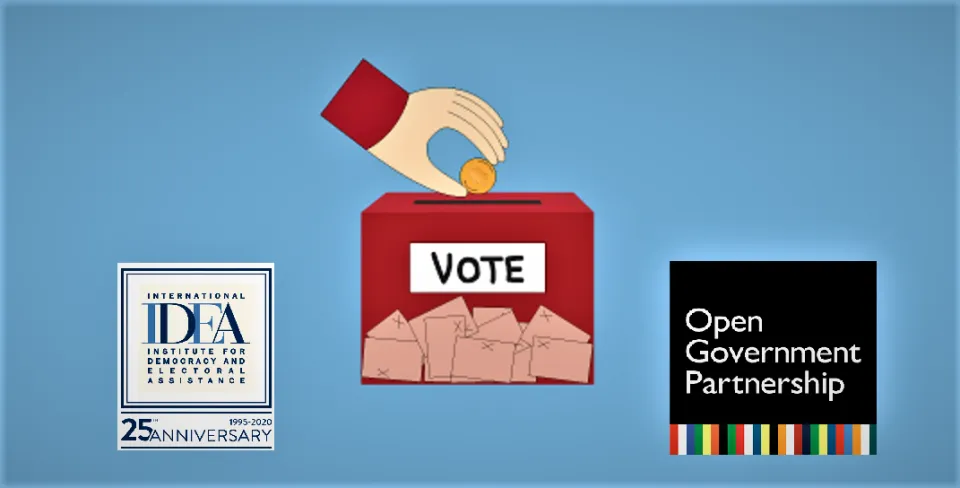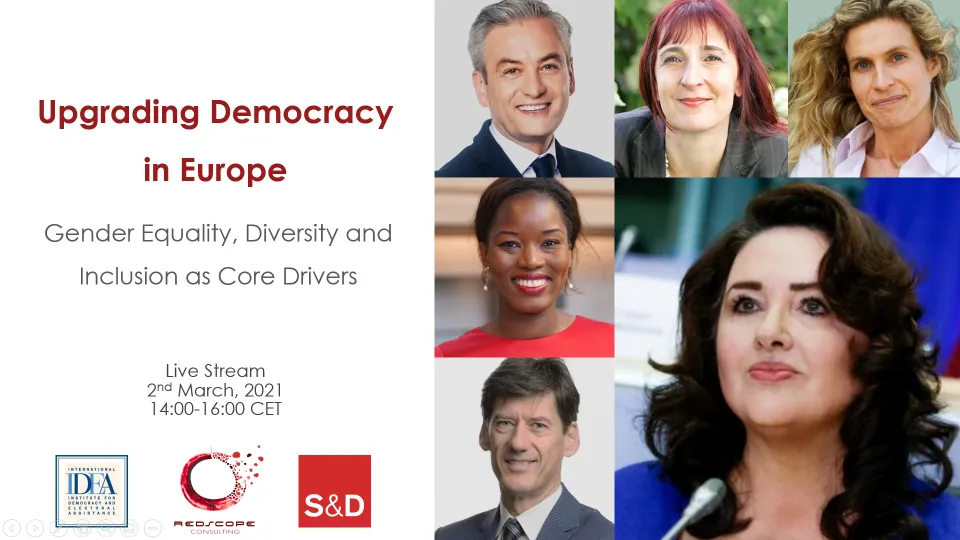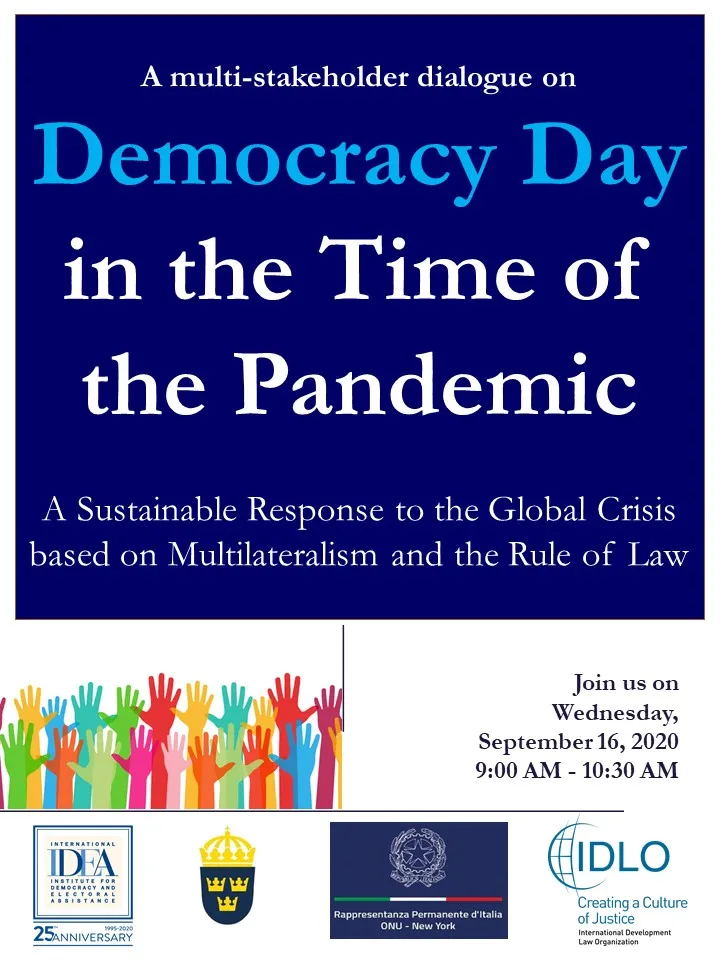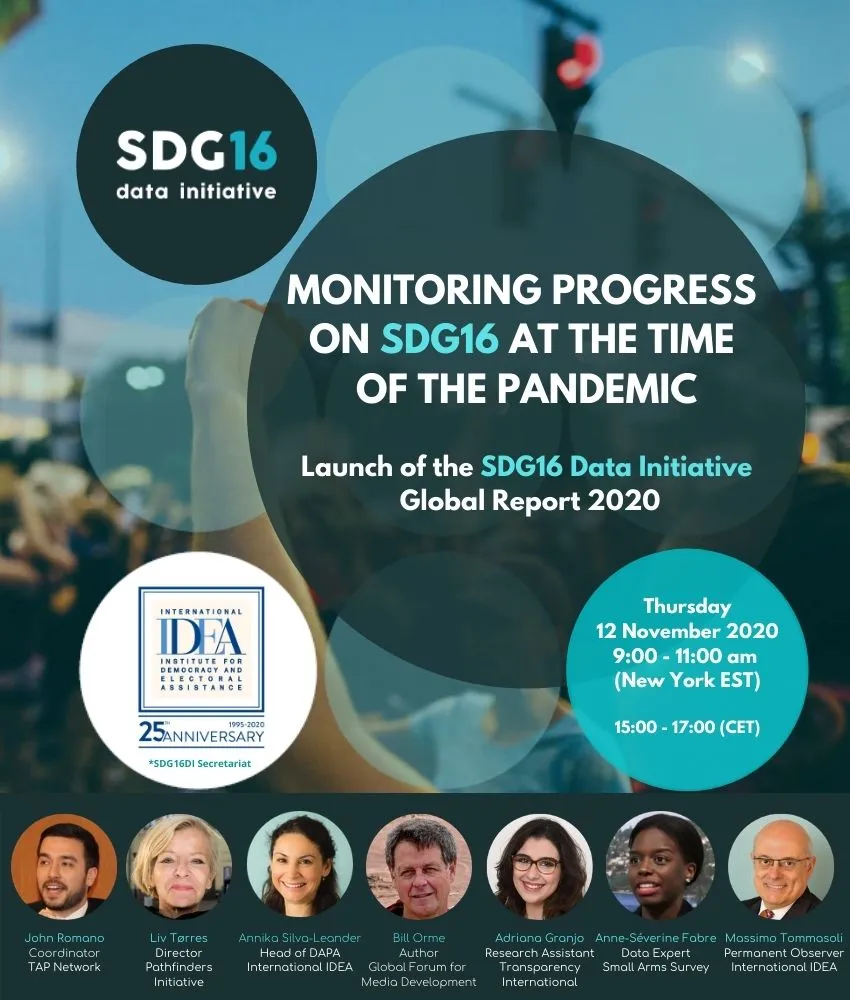Digital Tools for Enhancing Women’s Political Participation: Opportunities and Threats
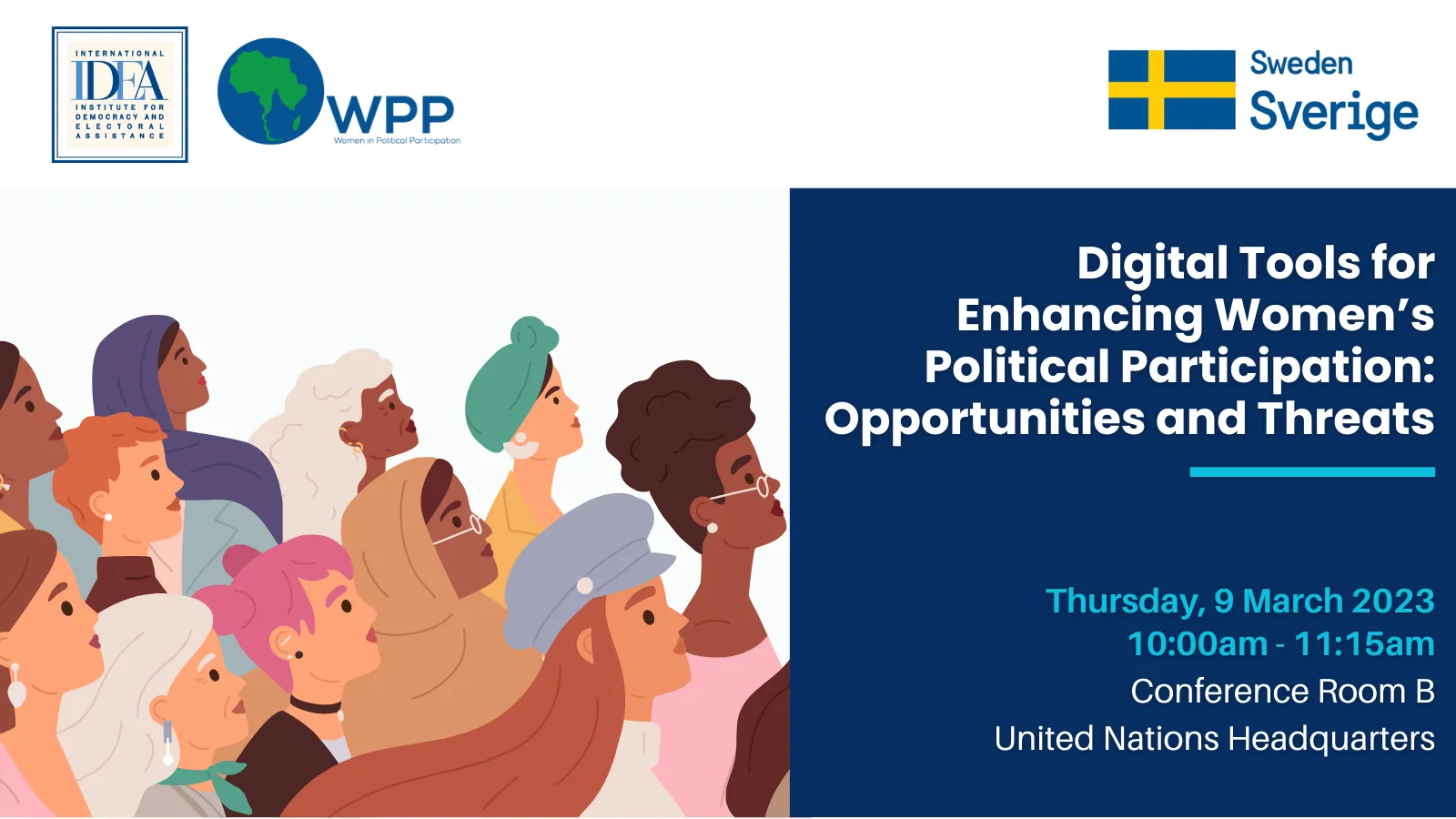
The prioritisation of technology in enhancing gender equality is enshrined in Sustainable Development Goal 5. Although digital technologies are regarded as a tool to enhance gender equality and women’s empowerment global data shows there are glaring disparities in access, use, affordability, knowledge and more.
The International Telecommunications Union (ITU) notes that, globally the proportion of women using the internet is lower than that of men. In Africa, the ITU argue that women account for only 24% of the population using the internet, while men account for 35% of users.
It is evident that the advent of ICTs, has helped to sharpen democracy and has shifted how people engage, disseminate, and consume information online. Digital technologies have been empowering innovations that can contribute meaningfully to women’s participation in democratic processes.
Women politicians are increasingly leveraging off the power of these ICTs in particular social media to close the gaps on the marginalisation they have encountered overtime as well as connect with their various constituencies. A 2016 research study focusing on 107 countries from across the world shows that more than 85 percent of female legislators make at least some use of social media, with the level of use higher during the campaign period than during the legislative period.
As an enabler of WPP digital technologies can help to increase inclusion, participation and engagement and is an important way for women to engage in political processes and to amplify their voice. With all these opportunities existing for women, it is important to understand how this then translates to improved political participation.
It is also imperative to understand digital technologies as a double edged sword in the current world order. Digital technologies can promote or inhibit women’s equal participation in public life, as well as in politics. It is important to recognise that inclusivity in the digital space is still limited due to resources, access, lack of digital proficiency, language and so on. Digital technologies have the capacity to entrench the already existing inequalities in society.
Empirical and anecdotal evidence has also shown that women politicians in particular bear the brunt of online gender-based violence which is a threat to women’s right to free expression and participation online. This violence seems to transcend space and borders. The backlash on women politicians often comes from organised troll armies who seek to silence women, delegitimise and dissuade them from political participation.
Programme
Side event introductions and overview:
- Moderator: Dorothy Otieno
Overview of digital tools to enhance women’s political participation:
- Tarisai Nyamweda – Gender Links
- Beverly Mumbo – FAWE
Use of digital tools – opportunities and threats:
- Hon. Daniel Molokele – Member of Parliament
Use of social media for Women in Political Decision Making
- Jessica Jackson, Spotlight Initiative
Keynote address: Women’s Political Participation and Digital Tools – The Africa We Want:
- Hon. Jean Muonawauza Sendeza – Malawi Minister of Gender, Children, Disability and Social Welfare
Next Steps for WPP:
- Sifisosami Dube – Zimbabwe
Vote of thanks and closure:
- Honourable Pamela Njeru – Meru County, Kenya
